Iran rejects shelving nuclear talks until new government takes office
Tehran has dismissed reports that it may postpone the Vienna talks to restore the nuclear agreement known as the Joint Comprehensive Plan of Action (JCPOA) until President-elect Ebrahim Raeisi assumes office.
“There have been a lot of speculations about the postponement of an agreement to revive the JCPOA until the next Iranian administration. These reports are not confirmed and are not close to reality,” Foreign Ministry spokesman Saeed Khatibzadeh said Monday.
According to Khatibzadeh, Iran’s policy opposes the notion of putting off the possibility of removing the sanctions. “This is the policy of the Leader (Ayatollah Seyyed Ali Khamenei) which the negotiating delegation has followed,” he said.
The spokesman also said the next round of talks in Vienna could be the final round between Iran and the other parties to the JCPOA which was inked in 2015 and ditched by the US in 2018.
“Diplomats are optimistic people, but it is too early to judge, and we have to see if all parties will make their political decisions,” he explained. “What remains is more of a political decision than a negotiation, and if decisions are made, we can hope to enter the final round of talks.”
Khatibzadeh noted the progress made during the talks, saying the sides have reached a clear, unambiguous text on how to bring all parties – first and foremost the US – back into full compliance with the deal.
Since the beginning of the Vienna negotiations, Tehran has insisted that all US sanctions should first be removed in a verifiable manner before the Islamic Republic reverses its “remedial measures” which include nuclear activities beyond JCPOA limits.
Iran’s lead negotiator in the Vienna talks, Abbas Araqchi, said on Sunday that the sides have reached a “good understanding” on what a deal to restore the JCPOA would look like, asserting that “we are closer to a deal than any time in the past.”
Speaking at the end of the sixth round of the talks, Araqchi said the negotiators decided to pause the talks and go back to their respective capitals “not only for consultations, but this time for decision-making.”
Contrasting Araqchi’s remarks, US National Security Advisor Jake Sullivan said later that there remained “a fair distance to travel on some of the key issues.”
Sullivan also said the Biden administration planned to keep its “eye on the ball” following Raeisi’s victory in the June 18 presidential election, adding that it was too soon to tell if the outcome of the election would lead to a change in nuclear talks.
“What I will say is that the United States retains the right even under the JCPOA, even under the Iran nuclear deal, to impose sanctions for reasons other than the nuclear file, for terrorism, for human rights, for missile development,” he said.
Sullivan also insisted that “our paramount priority right now is to prevent Iran from getting a nuclear weapon,” making a claim on Tehran’s nuclear program that repeated UN inspections have confirmed as peaceful.
In response, Khatibzadeh said the Islamic Republic has pursued the same policy with regard to the JCPOA in recent years.
He pointed out that if Sullivan had read the text of the JCPOA, he would have known that the full implementation of the landmark agreement would reassure the world of the peaceful nature of Iran’s nuclear activities.
“Therefore, if anyone wants to be assured of the peaceful nature of Iran’s nuclear program, it’s better for them to put the full implementation of the JCPOA on their agenda,” the Foreign Ministry spokesman noted.
Khatibzadeh then urged Washington to give assurances that it will not violate the JCPOA and UN Security Council Resolution 2231 again, instead of stepping up its excessive demands.
“The JCPOA was negotiated, signed, sealed and set aside. There will never be negotiations on a new JCPOA,” he said.
“If there are going to be talks about [other] issues when the US returns to the JCPOA, there is a list that the US must answer for,” he stated, reacting to repeated US calls to hold negotiations with Iran on other issues, which Tehran has categorically rejected.
Khatibzadeh further repudiated Western media reports calling Raeisi a “hardliner” who would change Iran’s foreign policy for the worse, saying the president-elect has been part of Iran’s foreign policy planners throughout the years.
“Everyone will soon see in what direction Iran’s policies will continue, such as principled cooperation and interaction” with other countries, he added.
Hamas thanks Iran, Resistance Front following achievement of ceasefire in Gaza
'Capitulation': Israeli officials and media concede Gaza defeat as truce unfolds
'Gaza has won': Social media users react to ceasefire with mix of relief, joy
Iran seeks South Korea’s assistance for AI, fiber-optic projects
VIDEO | Iran's 'Eqtedar' (Power) maneuver
Israel hits HTS military target in Syria for 1st time since fall of Assad
VIDEO | Press TV's news headlines
Israel has slaughtered 13,000 students in Gaza, West Bank




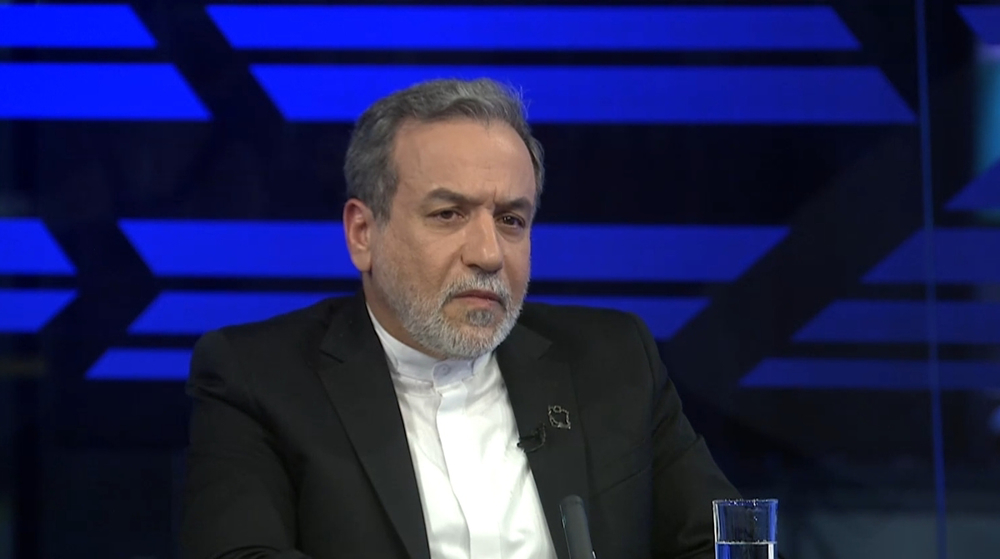

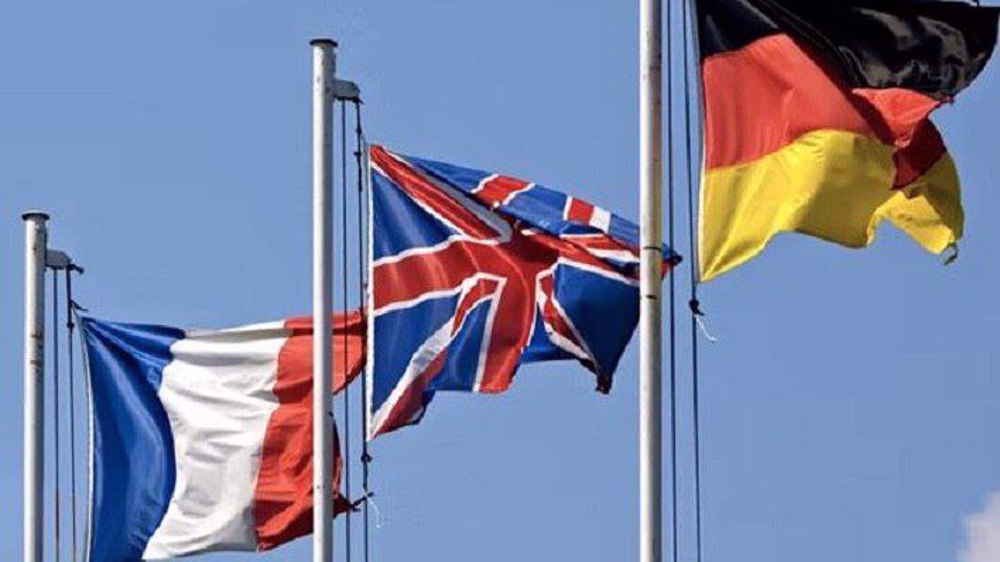



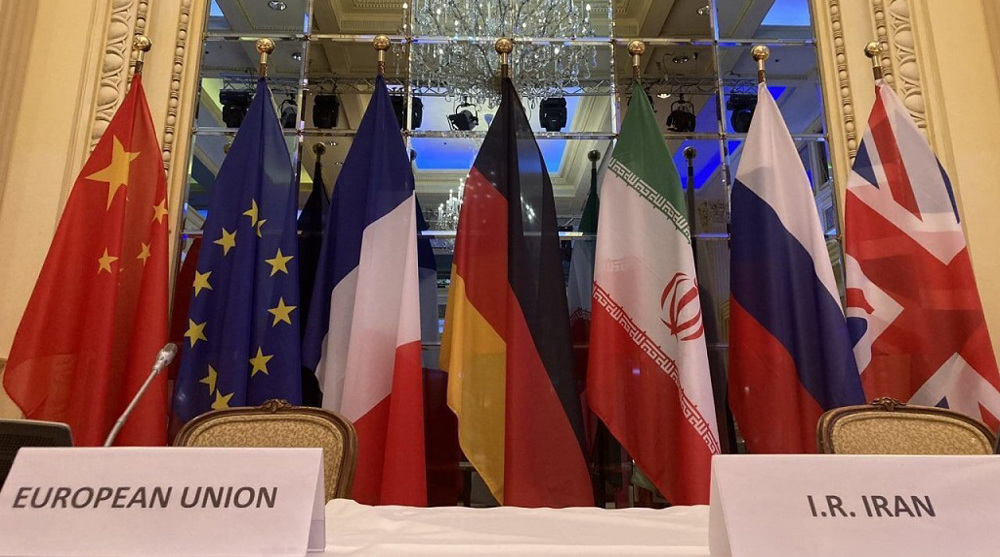
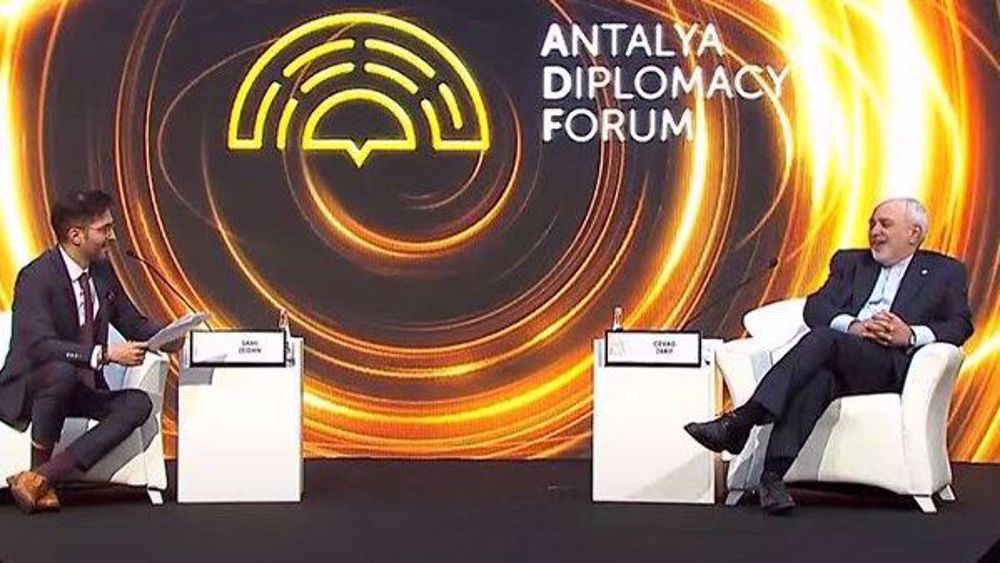
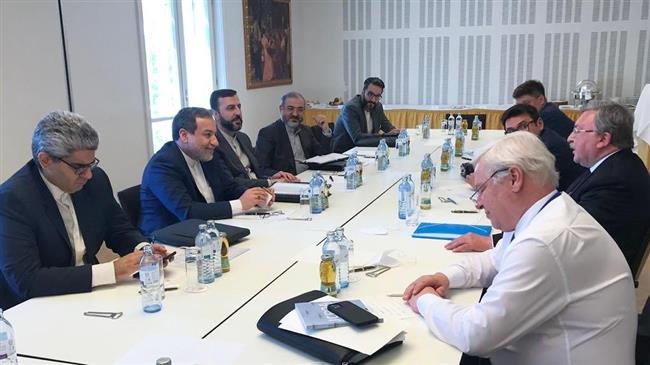
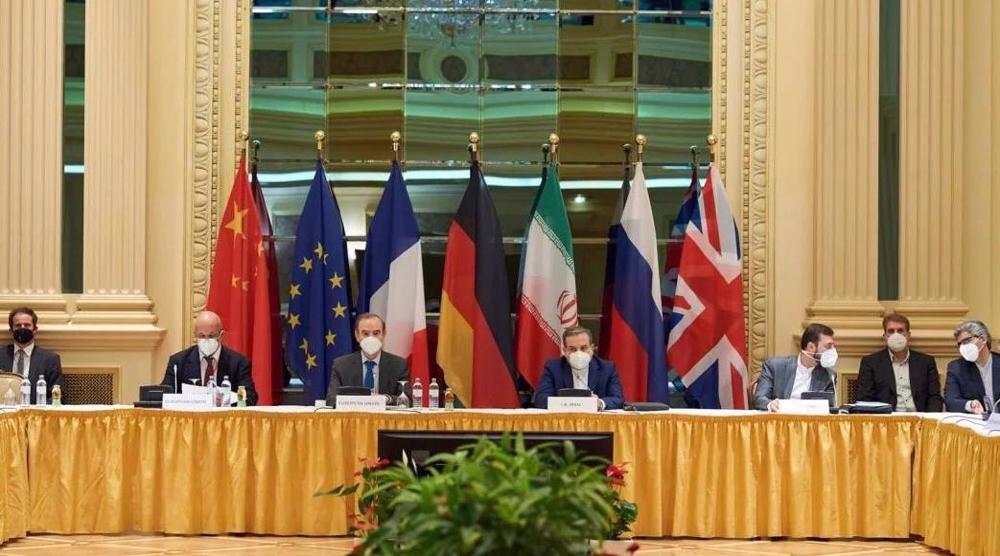

 This makes it easy to access the Press TV website
This makes it easy to access the Press TV website